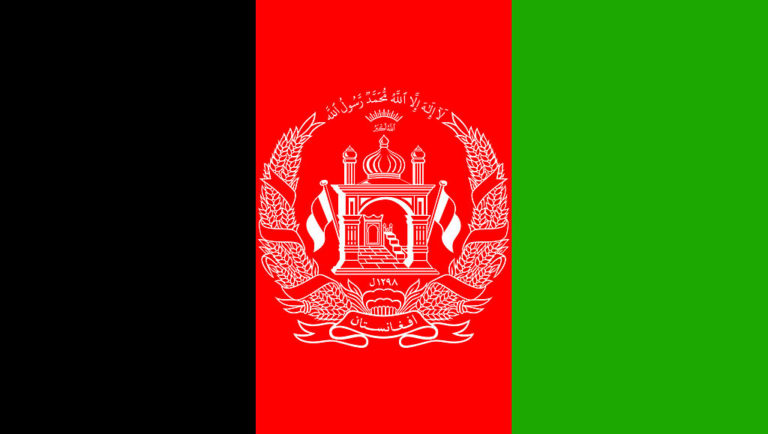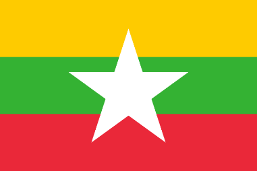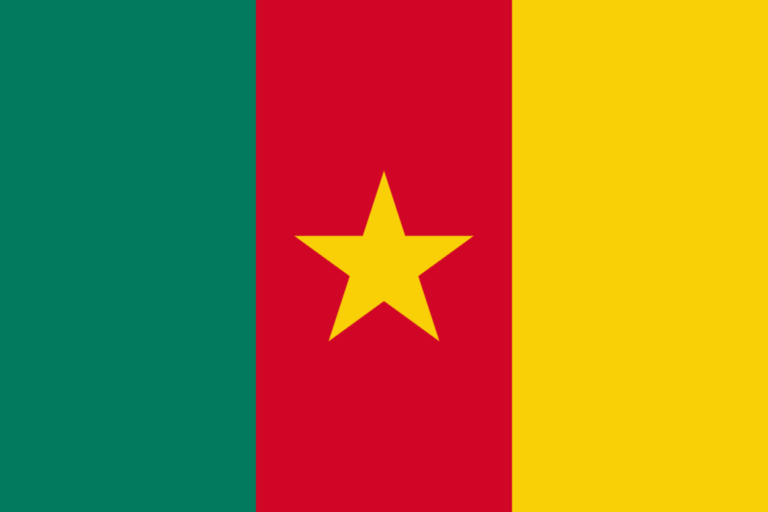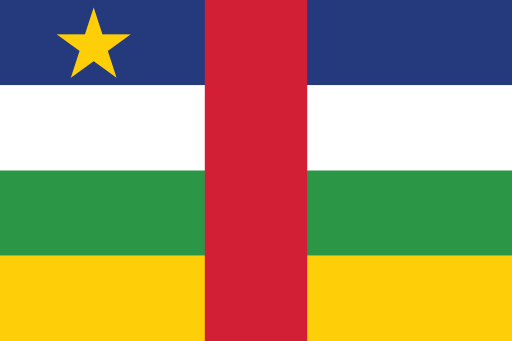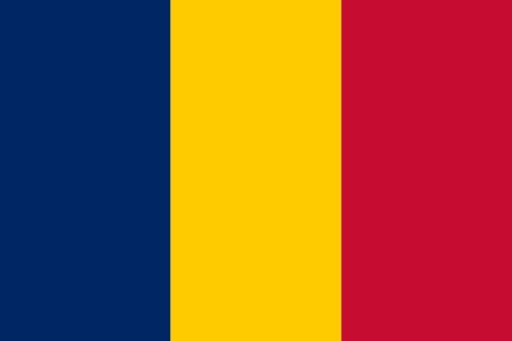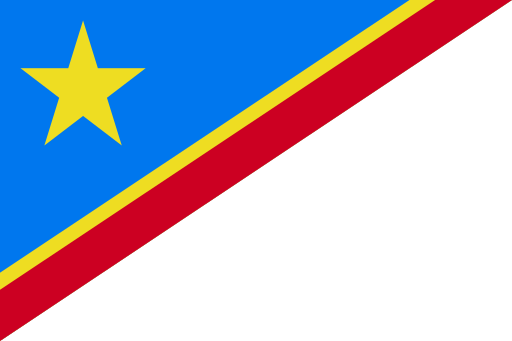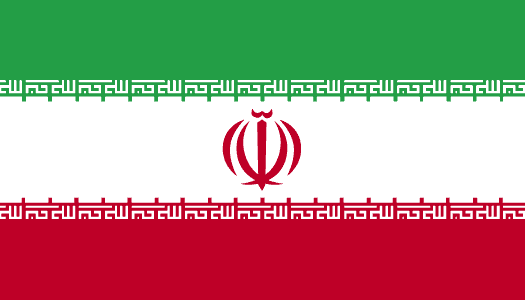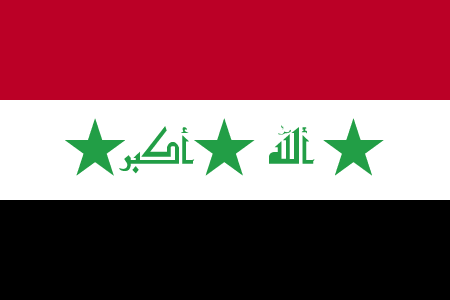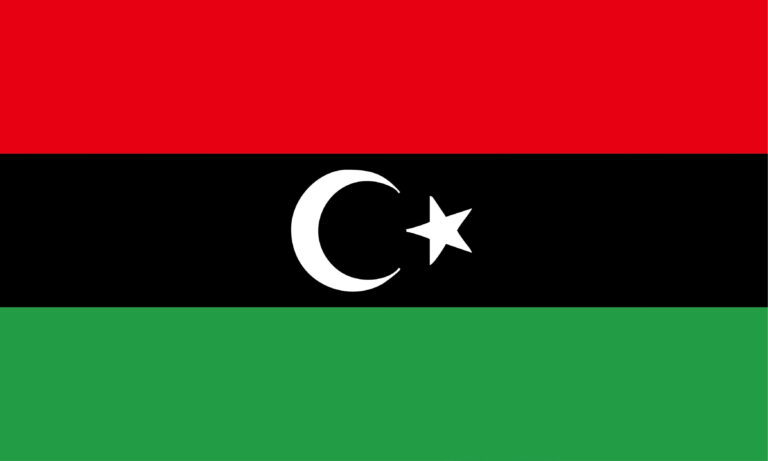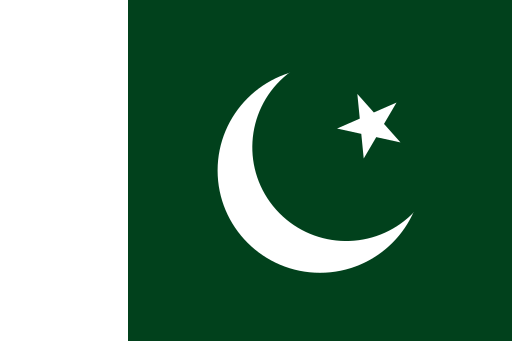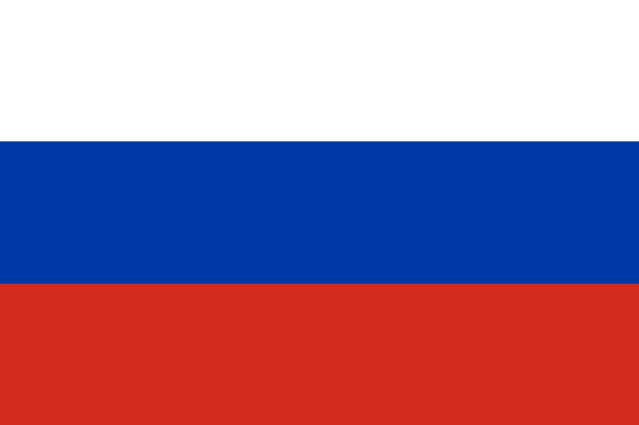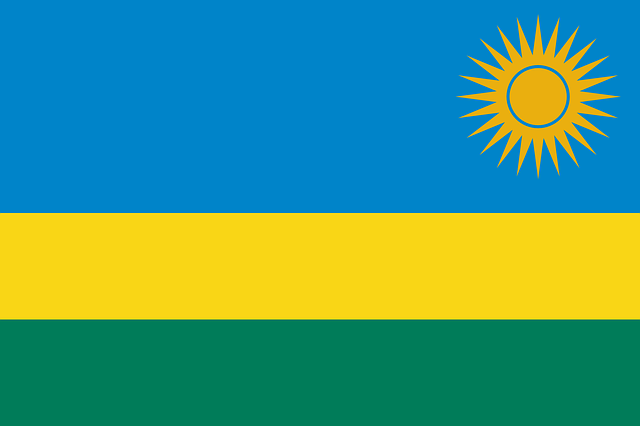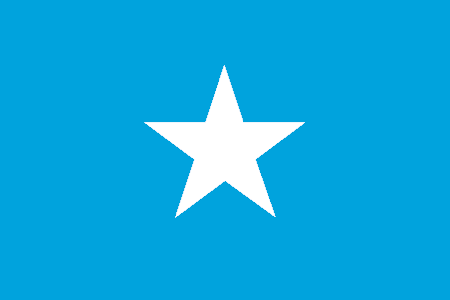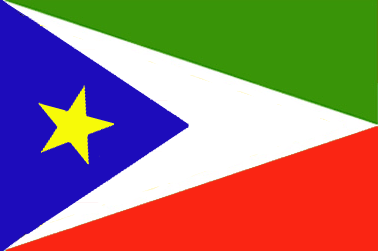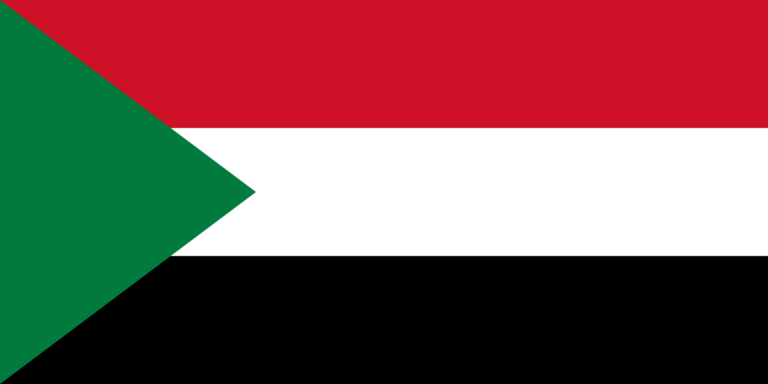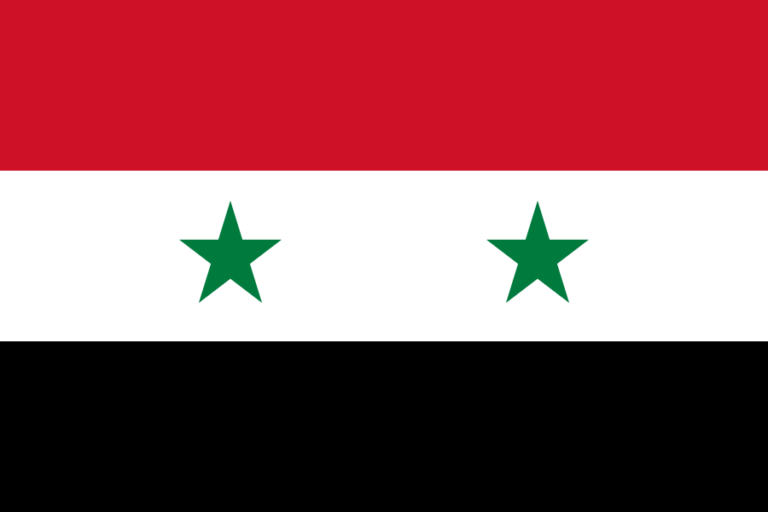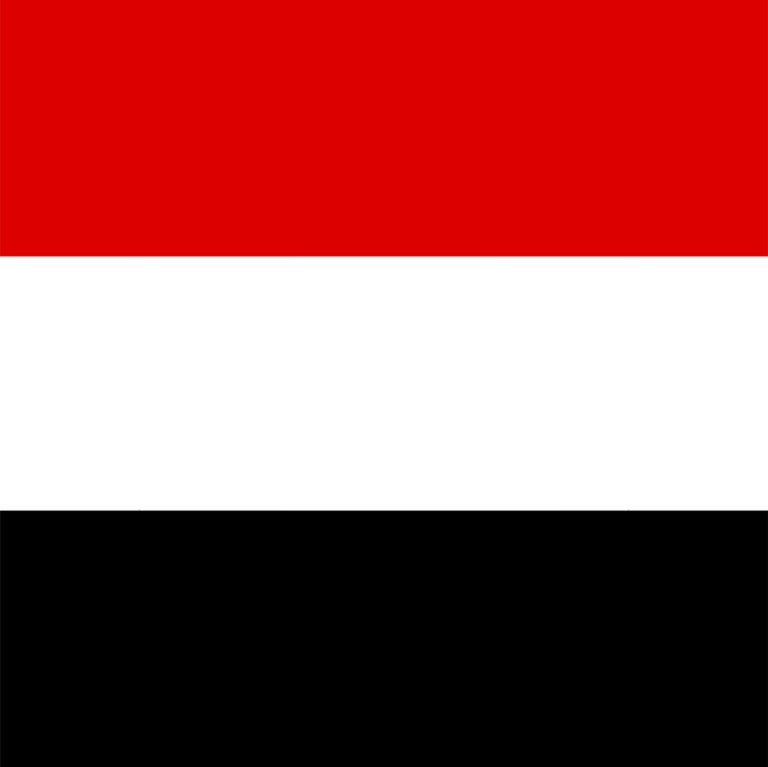- Updated October 24, 2023
Years Listed
Each shaded box corresponds to a year the country appeared on the CSPA list and what types of waivers it received, if any.
The Democratic Republic of the Congo (DRC) has appeared on the CSPA list for fourteen consecutive years beginning in 2010. The U.S. president waived, either in part or in full, CSPA prohibitions against the provision of U.S. arms sales and military assistance to the DRC for all but one of these years, resulting in the provision of nearly $72 million in arms sales and military assistance.
Specifically, the president has waived more than $18.2 million in Direct Commercial Sales, more than $267,000 in Excess Defense Articles, $300,000 in Foreign Military Financing, over $3.9 million in International Military Education and Training, and more than $49 million in Peacekeeping Operations assistance. Due to CSPA prohibitions, the president denied $15 million in Peacekeeping Operations assistance to the DRC.
Since 2021, U.S. presidents have been required to include justifications for CSPA waivers that were issued during the previous year in the annual Trafficking in Persons Report. The DRC’s 2020 and 2021 waiver justifications maintain that “[t]his waiver will allow the United States to provide security assistance that will support improving governance and the rule of law, promoting peace and security, combating corruption, advancing human rights, and creating conditions for greater U.S. investment and economic growth. It also offers an opportunity to improve civil-military relations and influence the next generation of [Congolese National Army] leadership.” Similar language was included in the 2022 waiver justification for the DRC.
According to the U.S. State Department, the Congolese National Army (FARDC) and armed groups that receive support from the Congolese government have recruited and used child soldiers. The FARDC has recruited children, at times through force, for use as combatants, escorts, and porters. Children were also recruited and used by the National Congress for the Defense of the People (CNDP) – a former Congolese rebel group – and many were not demobilized following the group’s integration into the FARDC. There were two confirmed cases of the FARDC using children in support roles between April 2018 and March 2019, including for sexual slavery and forced labor. The following year, there were two reported cases of FARDC members using children in support roles and one case of a child engaged in espionage for the FARDC. Between April 2021 and March 2022, the FARDC recruited at least six children and used them as combatants and informants.
In addition, the Congolese armed forces have collaborated with proxy militias that recruit and use child soldiers by providing ammunition and uniforms as well as coordinating strategy and battlefield tactics, among other activities. While there were no reports of FARDC forces recruiting or using child soldiers between April 2022 and March 2023, the FARDC continued to collaborate with and provide material support during this period to armed groups that recruit and use child soldiers, including Nduma Defense of Congo-Renouve (NDC-R), Democratic Forces for the Liberation of Rwanda (FDLR), Alliance of Patriots for a Free and Sovereign Congo (APCLS), and Nyatura.
The DRC has taken steps to address the issue of child soldier use and recruitment, including by signing a UN Action Plan in 2012 and establishing a Joint Technical Working Group (JTWG) – composed of government ministries, non-governmental organizations, and international organizations – to oversee its implementation. The JTWG has continued to implement the action plan in the years since. Following recent reports of child soldier use by FARDC members, commanding officers released all children to appropriate authorities and took corrective action consistent with the country’s 2012 action plan. Additionally, an August 2020 government decree reiterating the zero tolerance for FARDC support for arms groups that recruit child soldiers led to the demobilization of some child soldiers. And although complicity by the government’s armed forces in trafficking crimes remained a significant concern, the military initiated prosecutions for two FARDC soldiers accused of kidnapping children for sexual enslavement in 2020 and sentenced an NDC commander to life imprisonment for child soldier recruitment and use, among other crimes. Other steps taken by the government in 2021 included holding trainings on age verification processes for military and law enforcement officers and screening FARDC recruits, which successfully prevented the enlistment of 62 children, according to the U.S. State Department.
For more information, see the U.S. State Department’s Trafficking in Persons Report and Country Reports on Human Rights Practices. More information on the situation in the DRC can also be found in the UN Secretary-General’s annual report on Children and Armed Conflict and country-specific report on the DRC.
Total Waived and Prohibited
Since the CSPA took effect.
Explore the Data
Country- and program-level data on the number and type of national interest waivers granted, as well as the amount of arms sales and military assistance waived.

